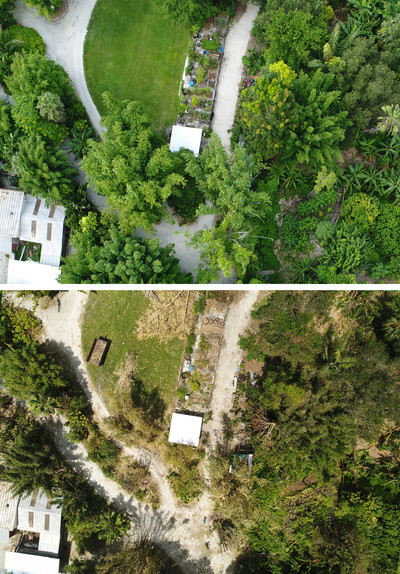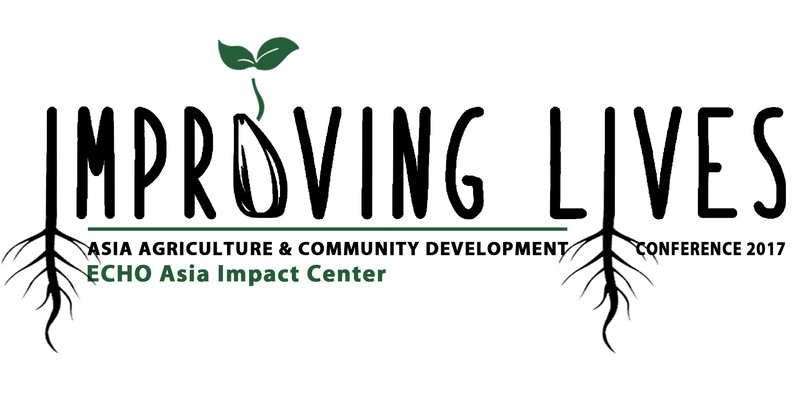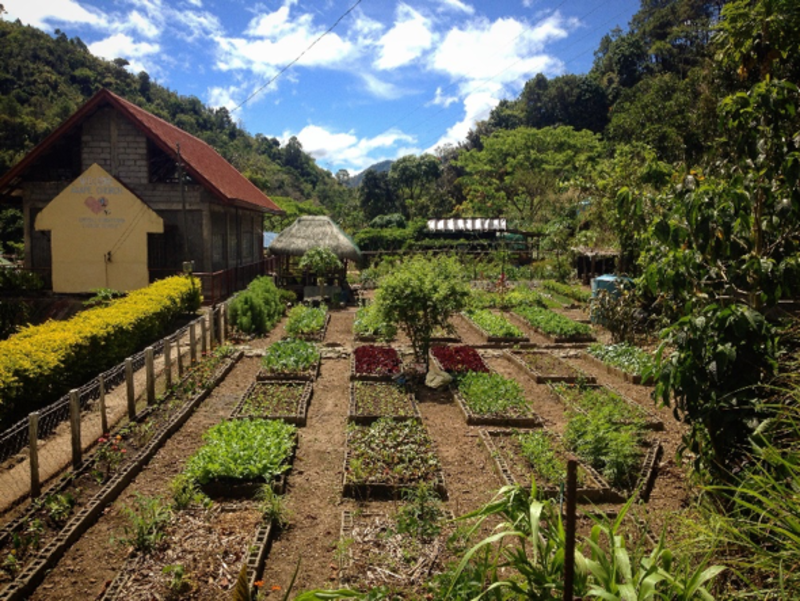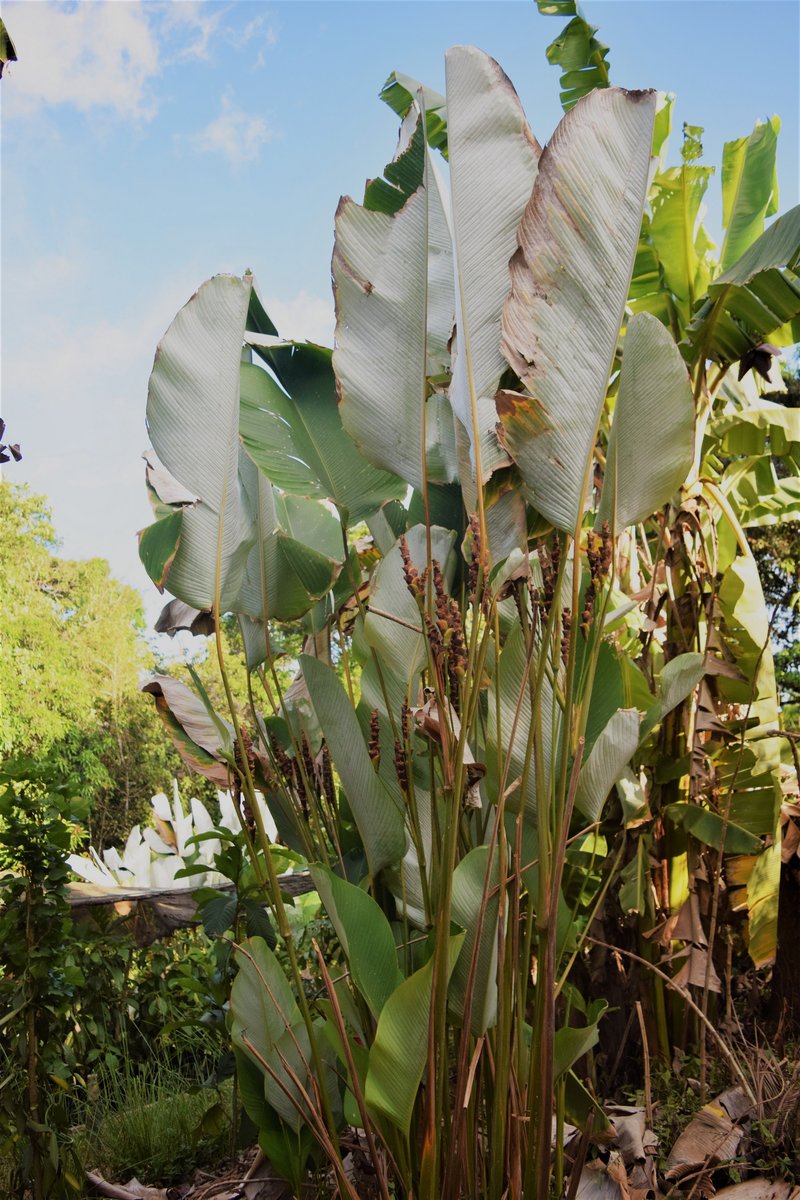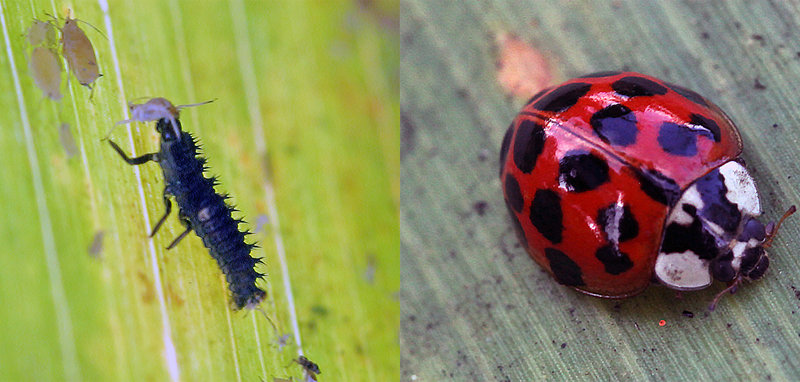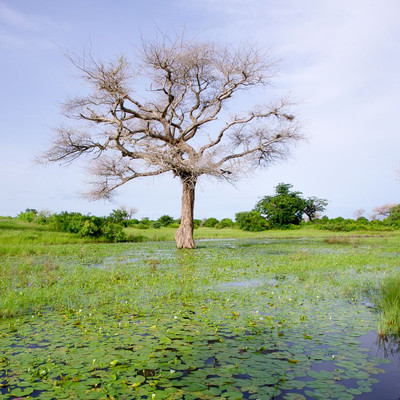ECHOcommunity Actualizaciones
After the Storm 2017-10-04
On September 10th Florida was hit by Hurricane Irma after it inflicted extensive damage on islands in the Caribbean from Barbuda to Cuba. Irma’s damage in Florida began as a category 4 hurricane in the Keys and reduced in strength as it traversed the peninsula.
This year’s ECHO International Agriculture Conference (November 14-16) will include a presentation on storm-resilient farm practices by our Florida staff. It will focus on factors that influence plant survival in high winds, which species are prone to damage and which are not, and strategies to stake and trim trees and bamboo.
Join us for the ECHO Asia Agriculture & Community Development Conference 2017-09-15
The 6th Biennial ECHO Asia Agriculture and Community Development Conference will take place on October 3-6, 2017, in Chiang Mai, Thailand!
Our conference theme "Improving Lives" expresses our desire to partner with you as we train, equip, and grow our network to impact the lives and livelihoods of farmers and their families across Asia. Speakers will share practical solutions to agricultural challenges, personal experiences, and strategies for improving the lives of millions who daily face the threat of starvation. The event offers an open exchange of information, connecting the people and ideas that can make a real and sustainable difference.
Come join us for 3-days of plenary speakers, workshops, a poster session, paper submission and proceedings, and a seed exchange, followed by a 1-day site visit!
Pig Pens, Buried Gold, and the Good News 2017-09-08
Jonathan is a long time ECHO partner and shares a vision of using sound agricultural techniques to lift people up and produce abundance, and to serve as a witness of the Gospel. Many of the vegetables you see in the photo actually came from the ECHO Asia Seedbank in Thailand, and have subsequently been passed on to the surrounding community, many seeds (in many forms) are being planted in this place.
Seeing success from FFF in Nigeria 2017-08-15
"Since I was a young girl I was interested in agriculture but had never had the opportunity to put it into practice until now, 40 years later. I discovered the FFF method of growing corn and I decided to try it instead of tiring out the soil each year. FFF reconstructs the soil and instead of costing more and more for farmers each year in fertilizer, it is less costly in the way one makes his or her own compost, uses mulch, and utilizes manure for building the soil. The most important thing of all, is that the production/harvest increases each year and the soil itself is improving in the process. […] I would often wake up very early, while it was still dark, and I would eat a good breakfast to prepare myself to work in the field for a few hours before the sun came up."
In India, Farmers Are Taking a Novel Approach to Drought Adaptation 2017-07-31
This week’s guest post is an interview with ECHOcommunity member Shibesh Das who has been very helpful in sharing information and ideas with the network. This interview is reposted with permission from Food Tank.
The Doba-based Livelihood Program is an initiative of the Rajadighi Community Health Service Society (RCHSS) located in West Bengal, India, that is helping small-holder farmers conserve water and mitigate against climate change. Dobas are small human-made pits or ditches that, whilst traditionally used for other purposes, can harvest direct rainfall during the wet season and provide much-needed irrigation to crops during dryer months. The reshaping and conserving of dobas within innovative farming communities in West Bengal has resulted in increased crop health and cultivation, supporting livelihoods and the agricultural economy of the region.
Food Tank had the opportunity to speak to Shibesh Das of RCHSS to discuss the impacts of climate change and drought in West Bengal, and how the Doba-based Livelihood Program is enhancing the livelihoods of small subsistence farmers and their families.
Asia Water Harvesting Rainwater Harvesting Water Conservation Water Water Storage Systems Water Supply
5 "Grow-Your-Own" Mulch Plants for the Tropics 2017-07-25
The tropical forest is constantly self-mulching. After a walk in the woods I usually return with bits of leaves and twigs caught in my hair. Lying in bed at night, my partner and I often hear branches and even whole trees tumbling toward the great soil food web below. This self-mulching is one important piece in the self-renewing fertility cycle of the tropical forest. And of all the functions of the forest that we can seek to mimic, generating and applying our own mulch may be the most important.
Mulch has many familiar functions, like reducing soil temperature and maintaining higher moisture levels. But all of these means really flow toward one perfect end: feeding and housing the microbial soil community. It is this community that runs the engine which results in a healthy, happy, and abundant permaculture farm.
EDN Issue 136 - Now Available 2017-07-17
In This Issue:
Crop monitoring for early detection of insect pests
A mystery lychee-related illness is solved
Do all parts of a chaya plant contain hydrocyanic acid?
Echoes from our Network: Women and Agriculture response from Sara Delaney on Farming as a Family Business
From ECHO's Seed Bank: Are my seeds dry enough?
eBook Releases: Crop Options to Improve Human Nutrition and Ways to Diversify the Smallholder Farm
Crop monitoring for early detection of insect pests
by Clare Liptak and Dr. Timothy Motis
EXCERPT: Walking through a field to observe pest problems is an important part of any monitoring approach. However, many insects are active at night when it would not be practical for a farmer to be in the field or garden. There are also days when the farmer is away. These limitations are overcome, at least in part, by using any type of container or device that traps enough insects to give the farmer an indication of what pest species are present. Insects can also be attracted to baits that are liquid (e.g., sugar dissolved in water) or solid (e.g., fruit slices or animal dung). Containers are typically filled with water, until 2 cm below the top of the container. Once insects are drawn into a trap, they eventually fall into the water. Add some liquid dish detergent to the water to help prevent trapped insects from escaping. One spoonful (about 15 ml) of dish detergent per container of water should be plenty; use unscented brands to keep smell from skewing the number of trapped insects. As an alternative to using containers, colored pieces of paper or cardboard can be painted with something sticky, like molasses, to capture insects.
Creative Livelihood Challenge training takes innovative products to market 2017-07-11
A recent Creative Livelihood Challenge (CLC) training was conducted with 15 students from Arusha Technical College and 15 Creative Capacity Building innovators. This type of training was developed and facilitated by Elizabeth Reece – an Australian volunteer who is based at Twende in Tanzania.
CLC training is similar to Creative Capacity Building (CCB) but focuses on the business side of bringing products to market. To understand the methodology of CLC it is helpful to understand how Creative Capacity Building is designed:
“The goal of CCB is to train participants to create or adapt technologies that will improve their lives and strengthen their communities. By distilling key elements of the design process into a hands-on curriculum that is accessible at any educational level, CCB presents a framework through which anyone can become an active creator of technology, not just a recipient or user of technology.”
Fertilizer Trees – Guest Post 2017-06-20
No, fertilizer as we normally think of it doesn’t grow on trees! But agroforesters and other agriculturalists are using this term for any tree that helps improve the quality of soil. One great example is the Apple Ring Acacia (Faidherbia albida). The Apple Ring Acacia is an unusual tropical nitrogen-fixing tree in that it drops its leaves in the rainy season thus adding some fertility to the soil underneath. It then leafs back out in the dry season. In temperate climates that would sort of be like our trees losing their leaves in the summer and leafing out in the winter!
